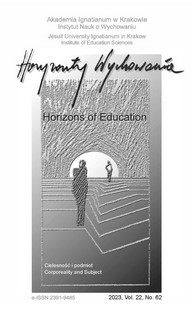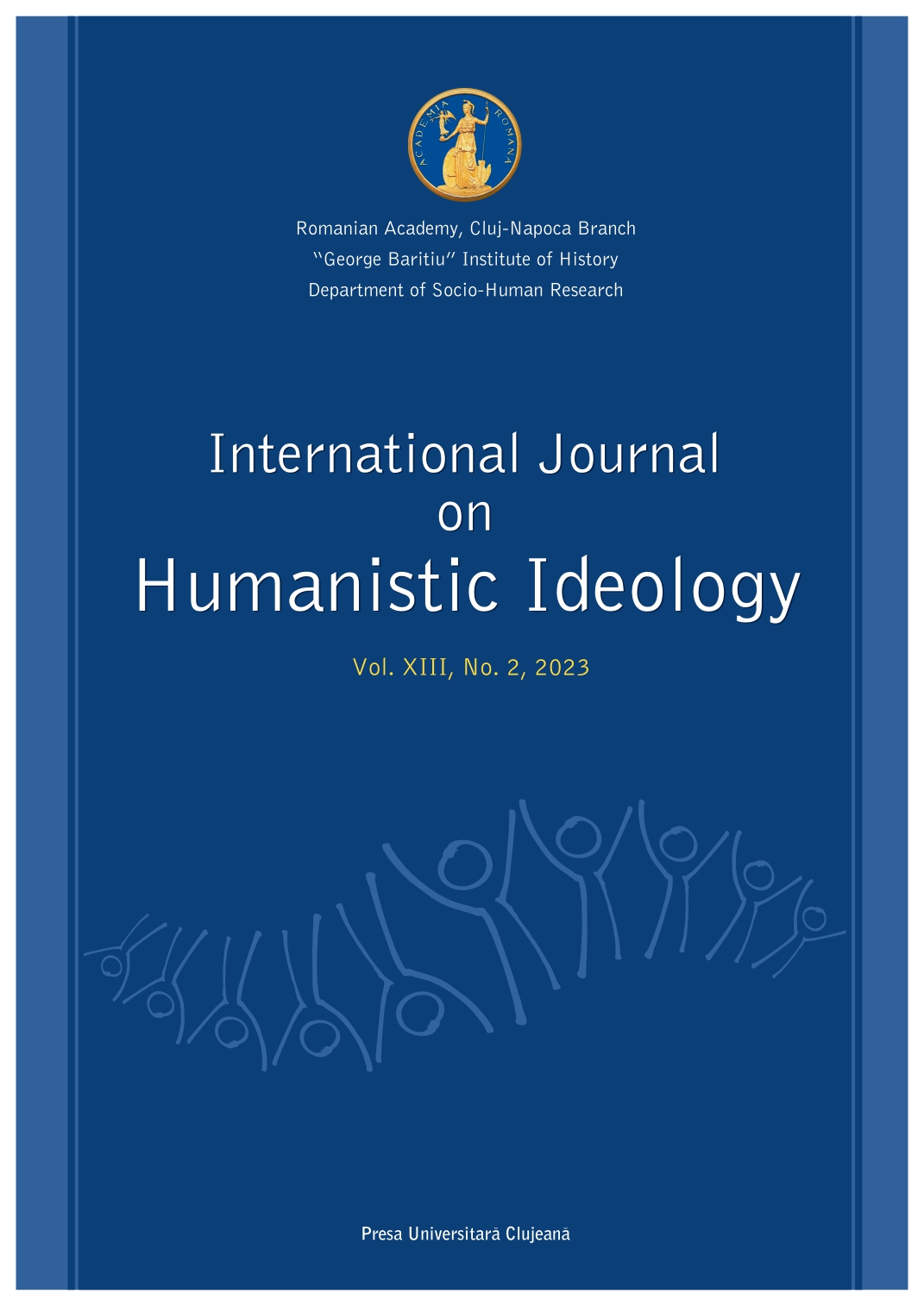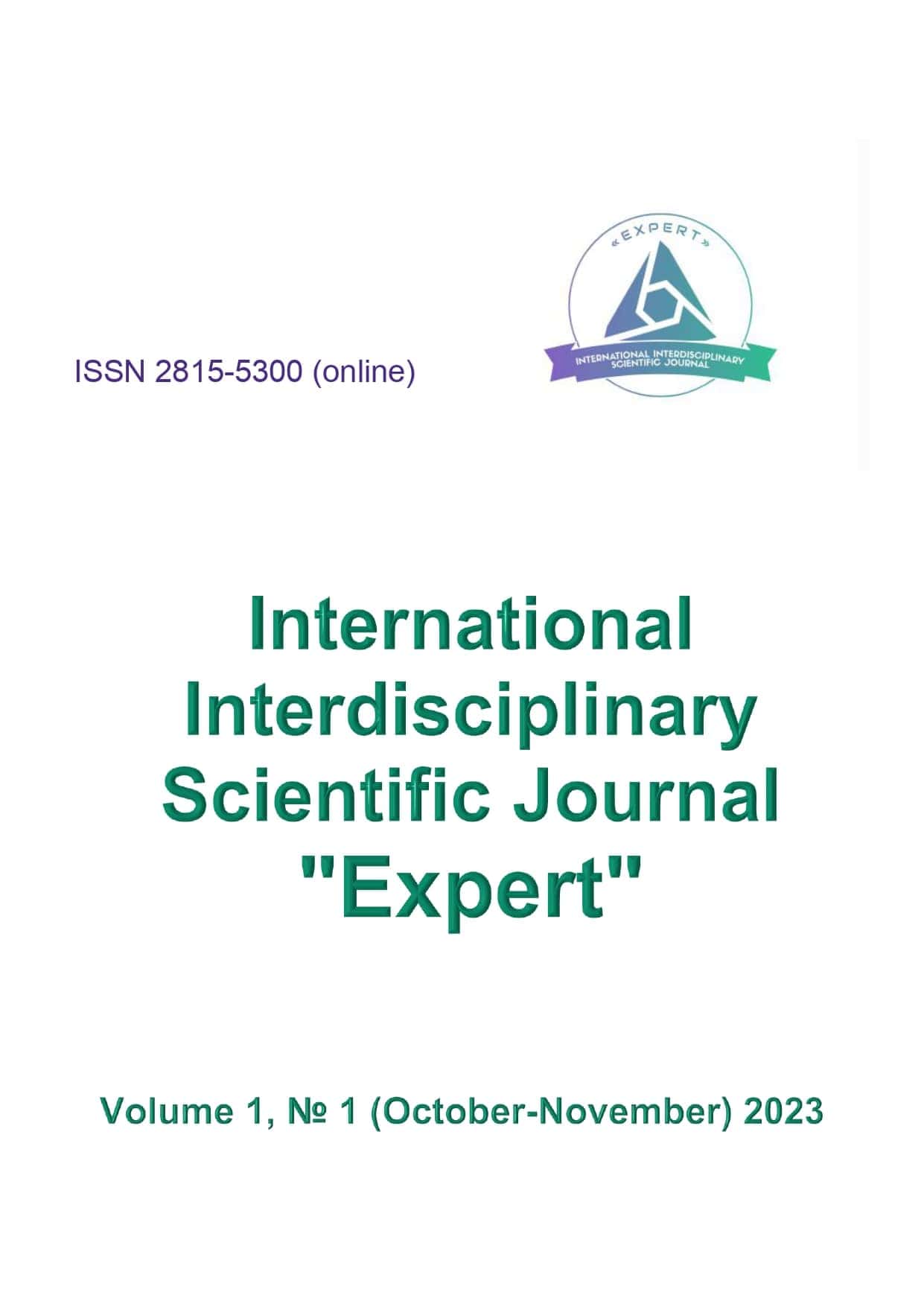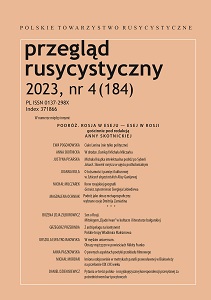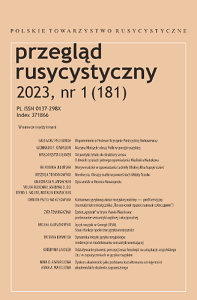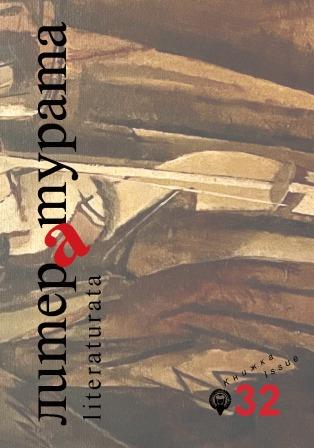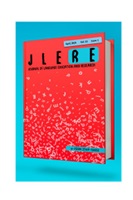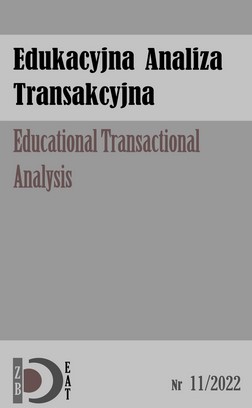
Social media and influencers in the lives of teenagers
The article aims to look at the growing role of social media, with particular emphasis on the part of influencers in the lives of adolescents. The article is a review based on the empirical research available on this topic. Contact with influencers meets not only the relational, informational, or entertainment needs of young people but also the need to compare ourselves with other people present in our lives. On the other hand, it can maintain the fear of FOMO, which in the long run results in a reduction in the adolescent’s social well-being. The article invokes the theory of social comparisons and discusses the supporting role of parents in the context of Berne’s structural analysis of social media use by adolescents. The transactional analysis also considered the specifics of influencers’ contact with their recipients.
More...
